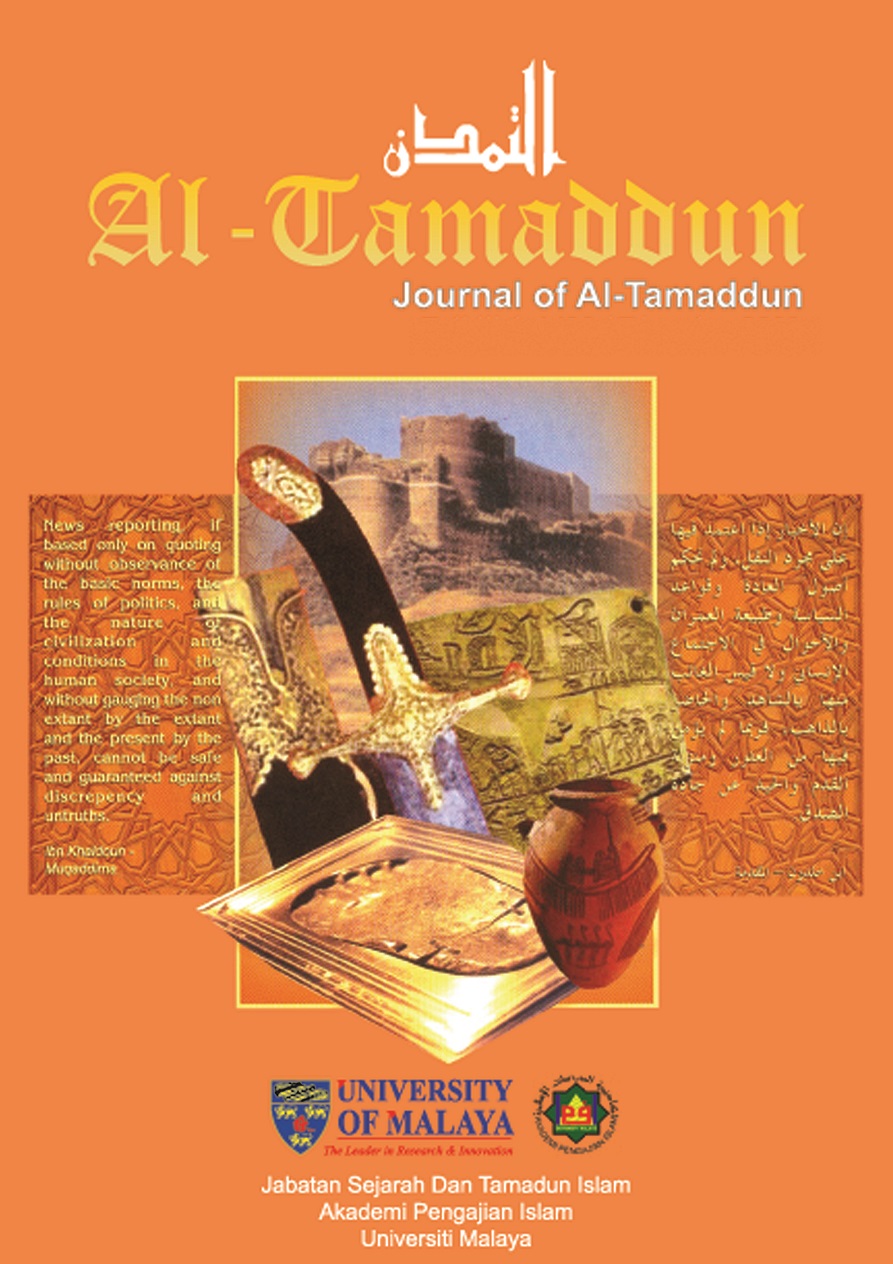Menilai Semula ‘Kegagalan Islamisme’ Berdasarkan Sejarah dan Perkembangannya di Turkiye
Revisiting the ‘Failure of Islamism’ Based on Its History and Development in Turkiye
DOI:
https://doi.org/10.22452/JAT.vol19no2.4Keywords:
The failure of Islamism thesis, Islamism in Turkey, AKP, post-Islamism, Olivier RoyAbstract
Studies on Islamism have been extensively conducted, including that of Olivier Roy on the ‘failure of Islamism.’ According to Roy, Islamist movements are bound to fail due to the difficulties of adapting Islamic political ideas to contemporary political contexts. Roy’s perspective is shared by several other scholars, who view this failure from different perspectives. This study aims to revisit the failure of Islamism. The views of scholars supporting this premise are consolidated under ‘the failure of Islamism thesis,’ which is objectively assessed in this study. The assessment focuses on the history and development of Islamism in Turkey, given its ability to endure within a secular setting and still perceived as an ideal model to emulate. The failure of Islamism thesis asserts that Islamists are unable to adapt to modernity and contemporary contexts, that they ideologize Islam for political purposes while neglecting its spiritual dimension, adopt extreme approaches to achieve their aims, and are likely to transition toward post-Islamism. This study argues that the failure of Islamism thesis does not fully capture the reality of Islamism in Turkey. Islamism in Turkey has shown its ability to adapt to current realities, focusing more on service-oriented politics than on the ideologization of religion, and consistently opting for a moderate, non-revolutionary approach. Nonetheless, a shift towards post-Islamism is apparent in Islamism in Turkey, considering its history and development. Overall, this study contends that the failure of Islamism thesis is not universally applicable. Islamism in Turkey demonstrates that Islamists have not encountered failure but instead have successfully adapted to circumstances that require flexibility.
Downloads
Additional Files
Published
How to Cite
Issue
Section
License
Copyright (c) 2024 Journal of Al-Tamaddun

This work is licensed under a Creative Commons Attribution-NonCommercial 4.0 International License.
By submitting manuscripts to the Journal of Al-Tamaddun, authors agree to transfer copyright to the journal. However, authors may republish their work or grant others permission to republish it; in which case it should be accompanied by a proper acknowledgment that the work was originally published in the Journal of Al-Tamaddun. The journal adopt CC-BY-NC licence which authors may also share and distribute their article anywhere of non-commercial website, social media and repositories immediately on publication.
Authors may also reuse the Abstract and Citation information (e.g. Title, Author name, Publication dates) of their article anywhere at any time including social media such as Facebook, blogs and Twitter, providing that where possible a link is included back to the article on the journal site.










